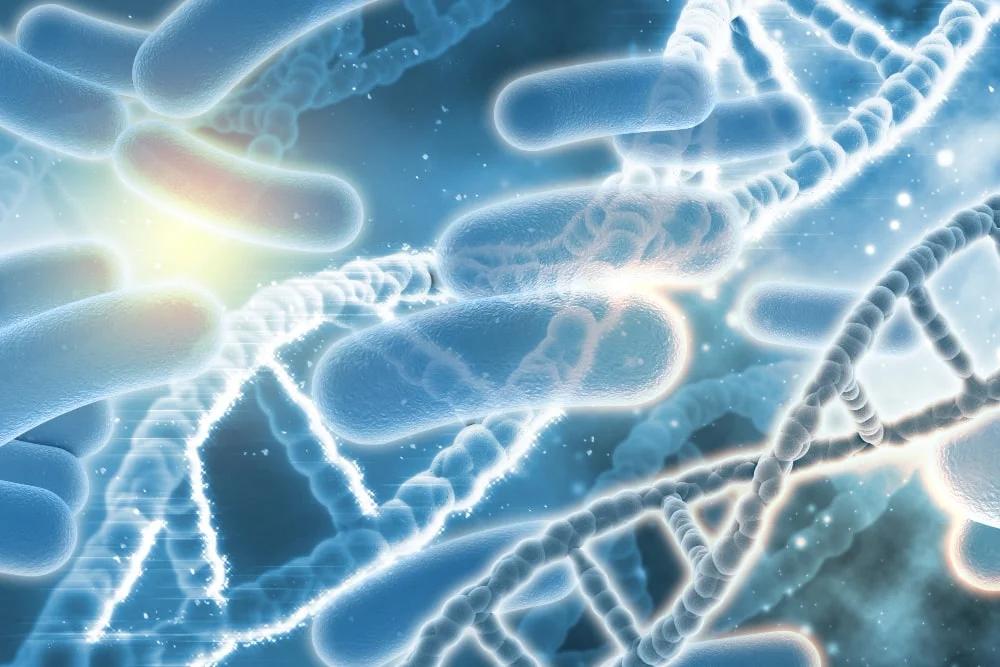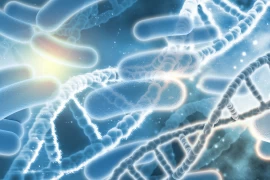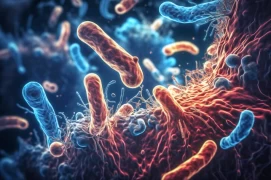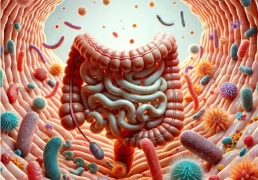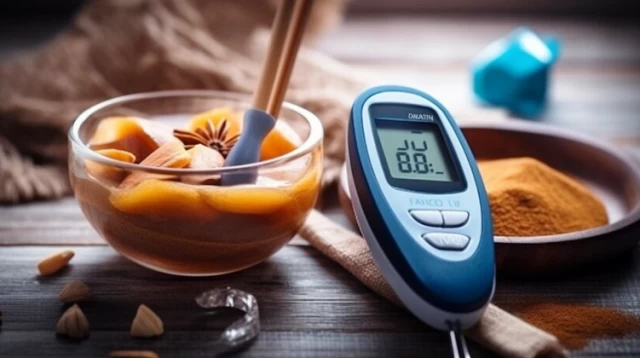
Insulin Resistance and Nutrition
- Insulin Resistance and Nutrition
- What is Insulin?
- What is Insulin Resistance?
- Nutritional Treatment for Insulin Resistance:
- Triggers of Insulin Resistance:
In order to convert the glucose you consume throughout the day into energy, the hormone insulin is necessary. Insulin resistance occurs when there is a reduced sensitivity to insulin in areas such as the liver, fat, and muscle tissue, leading to an inability of blood sugar to be converted into energy, resulting in elevated blood sugar levels. High sugar levels can eventually lead to metabolic syndrome and type 2 diabetes.
What is Insulin?
Insulin is a hormone produced by an organ called the pancreas. Insulin plays a crucial role in regulating blood sugar (glucose) in the body. Essentially, insulin's main function is to facilitate the entry of sugar from the bloodstream into cells.
After eating, blood sugar levels rise, triggering the release of insulin by beta cells in the pancreas. Insulin allows glucose to enter cells in the body. Cells use glucose for energy production or convert it into a storage form called glycogen in the liver and muscles.
What is Insulin Resistance?
Insulin resistance refers to the condition where the body's cells become less sensitive to insulin than normal. Normally, insulin facilitates the entry of sugar into cells, allowing cells to produce energy. However, in insulin resistance, cells respond less to insulin, restricting the entry of sugar into cells.
Insulin resistance is often a fundamental characteristic of type 2 diabetes, but not everyone with insulin resistance may have type 2 diabetes. Insulin resistance can result from various factors, including genetic factors, obesity, sedentary lifestyle, aging, and certain hormonal conditions.
The main effect of insulin resistance is an attempt by the pancreas to produce more insulin to enhance the entry of sugar into cells. In this situation, the pancreas secretes more insulin to increase sugar entry into cells. However, over time, the pancreas may be unable to meet this increased demand, leading to a decrease in insulin production. As a result, blood sugar levels rise, and type 2 diabetes may develop.
Insulin resistance can be managed through healthy lifestyle changes, weight loss, regular exercise, and healthy eating habits. If left untreated, insulin resistance can lead to type 2 diabetes, heart disease, and other metabolic issues.
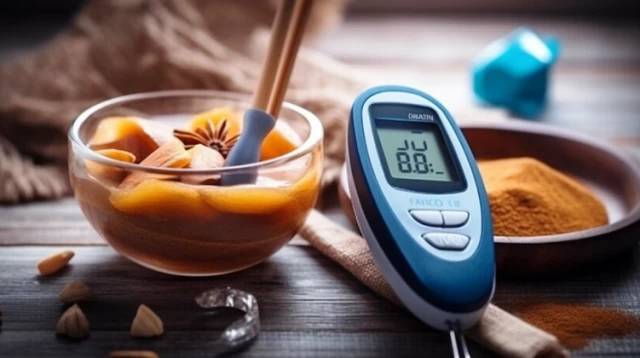
Nutritional Treatment for Insulin Resistance:
- Avoid simple sugars and foods containing simple sugars.
- Be mindful of not consuming carbohydrate-containing foods on their own. If consumed, adding protein sources like milk/yogurt/cheese or nuts to the meal can help control blood sugar.
- Avoid prolonged fasting and do not skip three main meals during the day.
- Choose to consume whole fruits rather than fruit juices. Fruits also contain fiber, which helps slow the increase in blood sugar.
- Pay attention to portion sizes when consuming fruits, as excessive intake can complicate blood sugar control.
- Opt for whole wheat or whole rye bread instead of white bread, and choose bulgur instead of rice. Emphasize the consumption of whole grains.
- Consume legumes at least 2-3 times a week.
- Include probiotic foods such as yogurt, kefir, and beets in your diet.
- Aim to drink at least 2-2.5 liters of water per day.
- Ensure that protein sources are included in meals.
- Make regular exercise a part of your lifestyle.
Triggers of Insulin Resistance:
The primary triggers are simple carbohydrates, as the body converts them into glucose or blood sugar more rapidly than other foods. Therefore, a low-carbohydrate diet is often recommended for managing symptoms of insulin resistance. Not all carbohydrates are created equal. Refined carbohydrates like white rice, bread, and pasta raise blood sugar and insulin faster than complex carbohydrates such as oatmeal, quinoa, and whole-grain bread. The Mediterranean diet may be effective as it is not only low in carbohydrates but also high in fiber and protein. When fiber and protein are combined with carbohydrates, the body converts them into glucose more slowly, aiding in the regulation of blood sugar. If you have insulin resistance, you should eat more of the following foods.

Elisa Atasoy, RD
Dietitian and Nutrition Specialist

